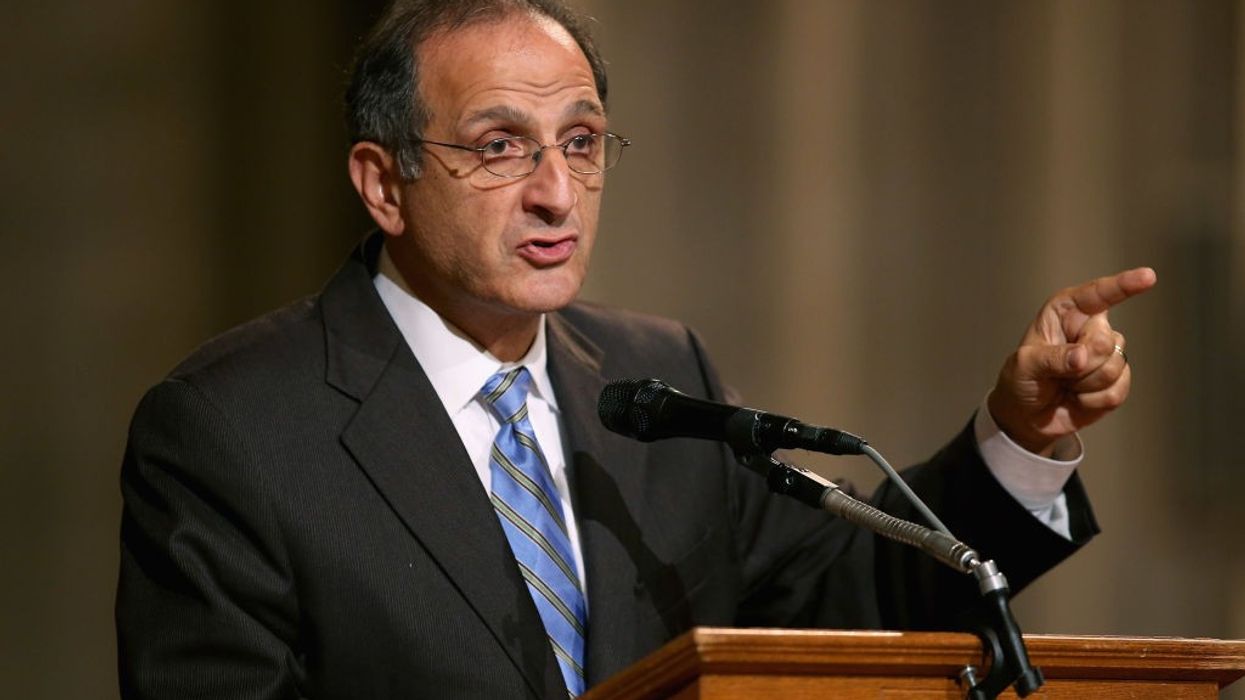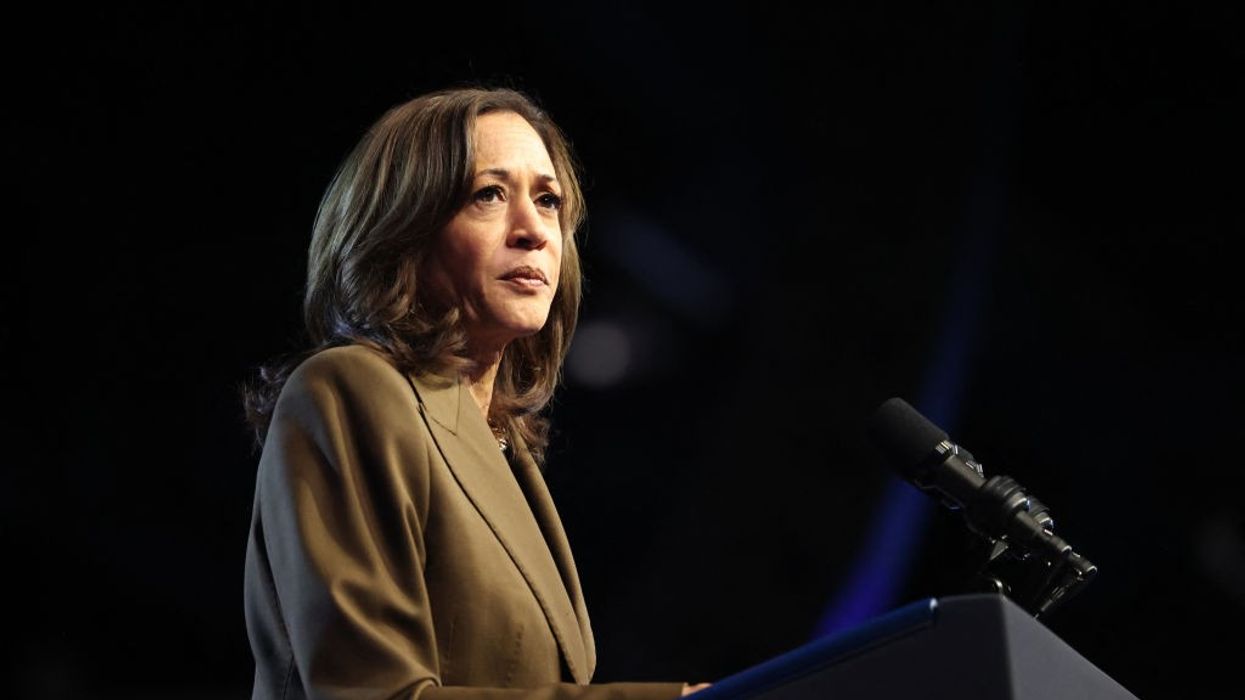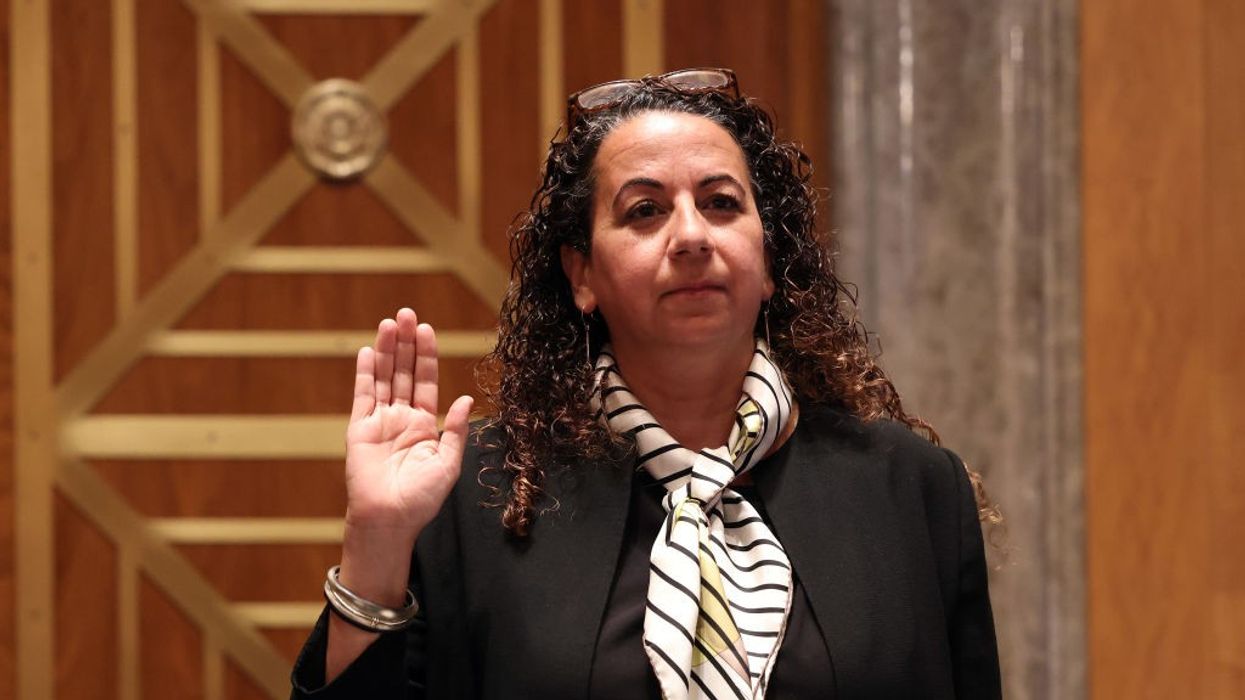Even before the day of the hearing, the depth of the divisions plaguing American society were evident. Republicans objected that the hearings were designed to focus on hate crimes affecting all vulnerable communities in the US. What they wanted instead was a replication of the hearings that the GOP-led House had convened, ostensibly focused on antisemitism, but which strayed far afield. A few conservative American Jewish organizations were also troubled by this broader approach.
Republicans criticized Stern, who despite having been an official at the American Jewish Committee and the lead author of the controversial International Holocaust Remembrance Alliance (IHRA) definition, has since become a critic of the way this IHRA definition has been used to restrict free speech and its conflation of some legitimate criticism of Israel with antisemitism.
Berry is one of the leading researchers on hate crime data on the federal and state levels and the problems encountered in hate crime reporting. She was also the force behind the “Jabara-Heyer NO HATE Act” designed to improve federal hate crime reporting. Though highly regarded for her advocacy for all affected communities through her work with LCCHR, she was seemingly targeted by Republicans for one simple reason: She’s an Arab American who has been critical of Israeli policies and of efforts, domestically, to punish critics of those policies.
It was clear from the outset that all would not go well. Democrats made the case that their concern was the overall rise in hate crimes affecting multiple groups, while Republicans derided the entire effort as deliberately sidestepping the “real problem”—antisemitism. For her part, Berry meticulously detailed the statistics of the dramatic rise in recent years in hate crimes against each group: Blacks, Latinos, Asians, Arabs, Jews, Muslims, LGBTQ, and those with disabilities. She then outlined problems with underreporting, the difficulty in reconciling state and federal data, and made specific recommendations for improving reporting and enforcement of existing hate crime legislation.
Stern insisted that universities have an obligation to protect all students and faculty against being “bullied, harassed, intimidated, threatened, or discriminated against,” cautioned Congress against codifying a broad definition of antisemitism, noting it has not been necessary to fight hate for any community. He argued that instead of policing speech— prioritizing one view over another, resulting in an “us versus them” polarization—universities had the responsibility to protect speech and promote civil discourse by challenging students to understand diverse points of view and the people who hold these views. It is the more difficult path to pursue, but, in the end, it is the role of the university to educate not police or punish.
On the other hand, Goldfeder agreed with the Republicans that the hearing should have only focused on antisemitism, arguing that it is not only the most important challenge facing America today, but also that all other forms of hate emanate from it.
True to form, the Republicans who asked questions rejected the broad focus of the hearing, delivering inflammatory remarks against U.S. students protesting the genocide unfolding in Gaza, charging that they were being funded or encouraged by Hamas, Hezbollah, and Iran. Goldfeder agreed saying that the students were either directly serving these entities or were their “useful idiots.”
Others harassed Berry, demanding that she denounce Hamas and agree that statements like “intifada” or “from the river to the sea…” were calls for genocide against Jews. Berry calmly rejected this baiting, saying that she of course didn’t support Hamas as it is a “foreign terrorist organization” and she rejected all forms of violence. This, however, wasn’t enough for one Senator, who continued to badger her, causing her to respond that she was only being asked these questions because she is an Arab-American woman. She went on: “It’s regrettable that as I sit here today, I have experienced the very issue that we’re attempting to deal with today. This has been regrettably a real disappointment, but very much an indication of the danger to our democratic institutions that we’re in today.”
The audience of largely Arab and Jewish Americans, who had gathered to witness the hearing, instead of learning about the rise of hate and the crimes that might result from it, left with heightened passions. It was, as Berry noted, disappointing and an indication of how broken we have become. One side wanted to understand the problem of hate and what can be done to understand and arrest its growth, while the other side seemed more intent on pouring gasoline on the fire and watching it burn—all for political gain.




